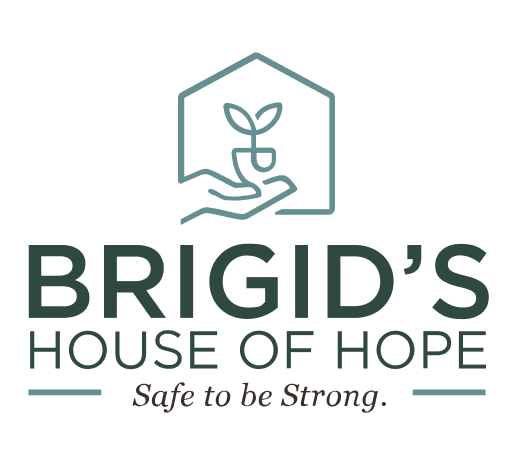

About Brigid’s House Of Hope
Brigid’s House of Hope is here to help support survivors who enter our program. We provide a safe space to heal and aid in their aid in their safe reintegration into their community.

Why Brigid’s?
At Brigid’s House of Hope, our name is a testament to our commitment to providing sanctuary and support for survivors of human trafficking. Drawing inspiration from the name “Brigid”, meaning “power”, “strength”, “vigor”, and “virtue” we aim to emulate these traits in our approach to aiding those in need.

Our Mission
How We Do It
Survivors
We’ve provided safe housing for 15 Survivors of Human Trafficking
Support Pets
Hours Of Help
See The Full Extent Of Your Impact
Download the 2023 Annual Report ->
Meet Our Board and Staff
The Team Behind Brigid’s
Task Force
NH receives Federal funding to support anti-trafficking efforts and creates a formalized Task Force against Human Trafficking.
Housing Need Identified
Specialized housing services remain unavailable in New Hampshire for victims of Human Trafficking.
Our founder, along with members of the Task Force and community, identify great need for housing services and discuss mission and plan for the first safe house in NH.
Board Formed
Brigid’s House of Hope became a nonprofit Rental property opportunity made available to the Board. Currently being renovated.
Further Development
Federal Grant
Doors Opened
First Graduate From the Program
Transition
In 2025, Transition to community-based rental assistance programming for survivors
How We Can Make an Impact Together
Join Us In Supporting Survivors Today
Give Your Time to Support Survivors As A Volunteer
Volunteering at Brigid’s House allows you to directly impact the lives of survivors.
Explore Donation Options to Help Us Grow
Your donations provide essential resources and support for those in need.
Learn the Signs and Help Spread Awareness
Together, we can raise awareness and advocate for the rights of survivors.

